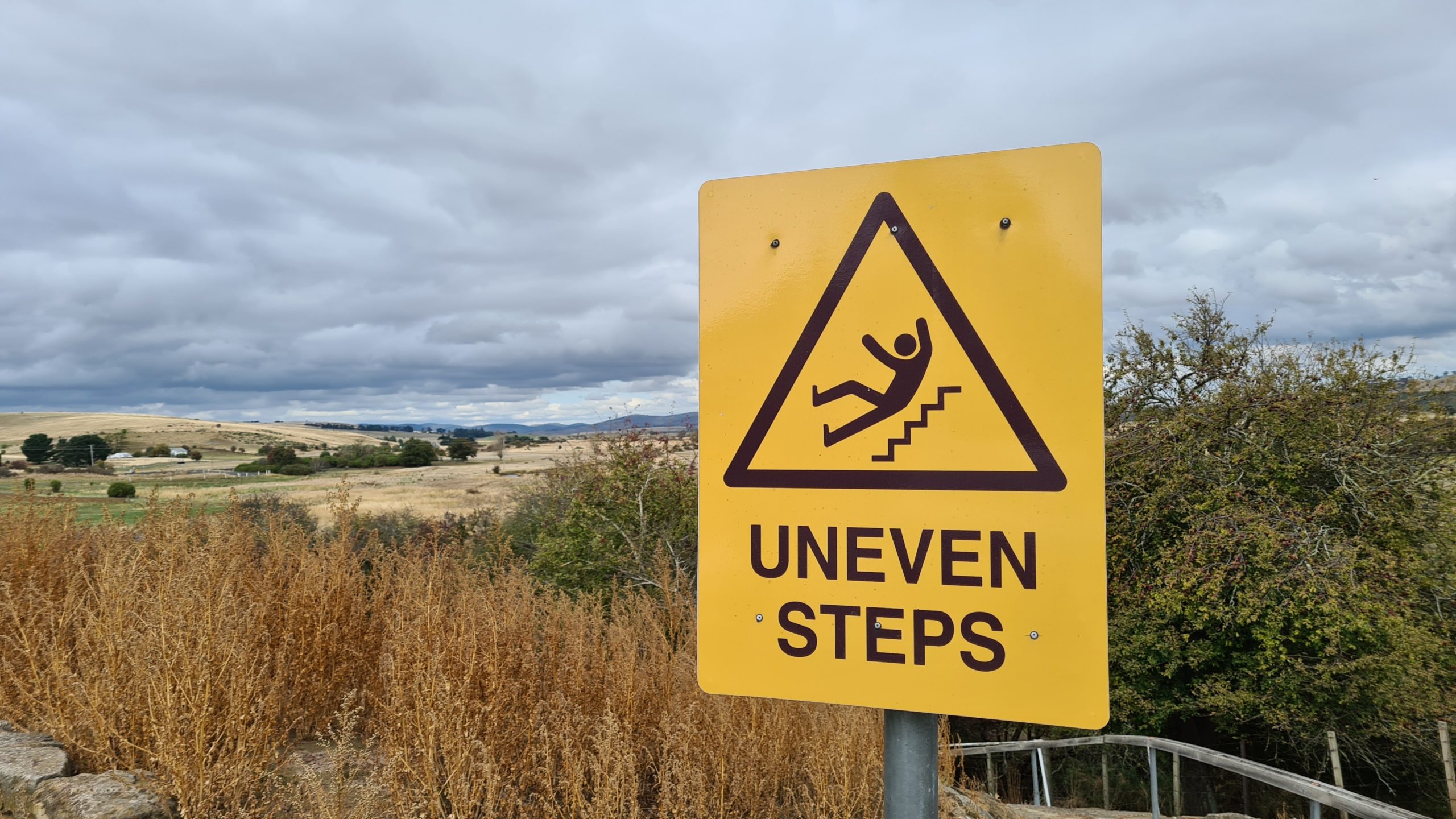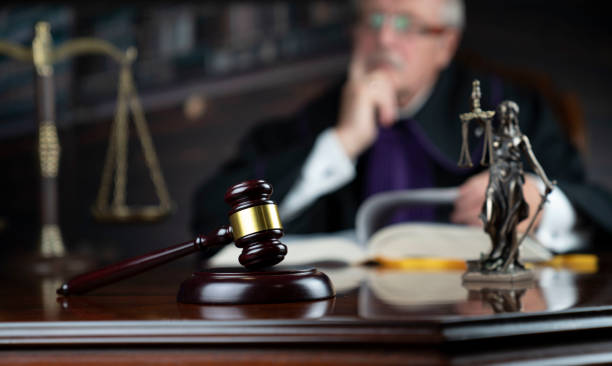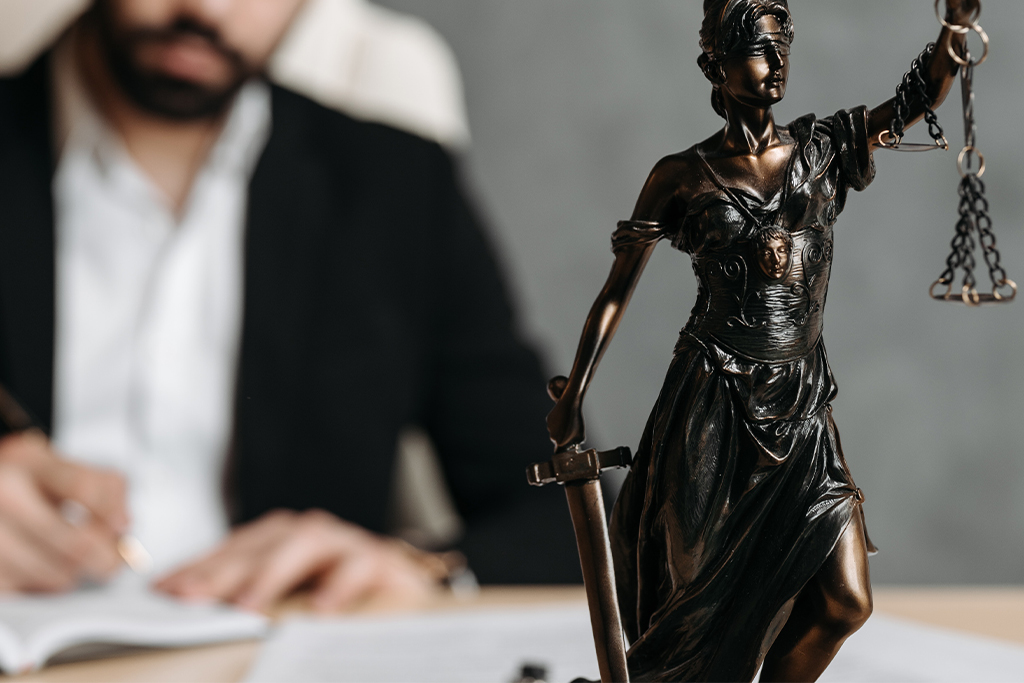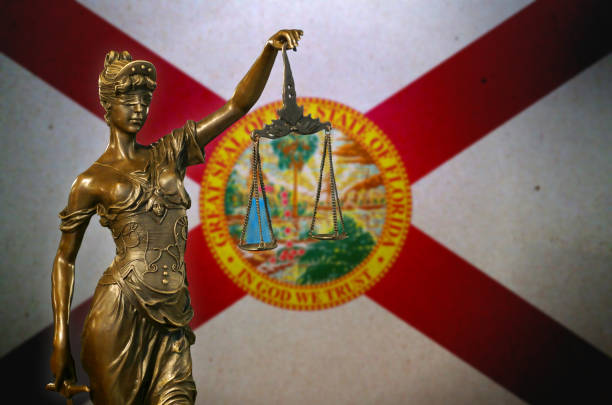Rideshare services are not only a handy way to get around, but they are also often cheaper and better for the environment than other ways to get around. But, just like other drivers on the road, rideshare drivers often get into crashes.
Even though rideshare drivers are required to have insurance and are also covered by the company’s insurance, it can be hard to file a personal injury claim after an accident. This is because both the driver and the rideshare company, as well as their insurance companies, may fight different parts of your case, and it can be hard to figure out who is at fault in such cases.
To help people understand what to do after an accident, we’ve answered some of the most common questions they might have about rideshare crashes:
How Much Is My Claim Worth?
After an accident, costs like hospital bills, lost wages, and replacement services can quickly add up and become too much to handle. Of course, you want to know how much your personal injury claim could be worth. A fair settlement helps you pay off your bills and gives you the money you need to get the best care possible.
No lawyer can, unfortunately, promise a certain amount. Several things can change the amount of money you could get in your case. Before figuring out how much you should get for your injuries, a good personal injury lawyer will need to look into the accident, look at the proof, and, if necessary, talk to expert witnesses.
How long will it take for my claim to be settled?
Since no two claims for personal harm are the same, there is no set time frame for these cases. Your claim might be settled in a few weeks, but if there are disagreements or problems, it could take a few months. Several things can affect how long your claim lasts, such as:
How strong your proof is.
How long it takes to get to MMI (maximum medical improvement)
Keeping to the plan for your treatment
How much your lawyer is looking into the accident
Keeping important information from any of the parties
How much money do you want
Will my case be taken to court?
Taking a case to court takes a lot of time and money, so it’s not something that should be done on a whim. Lucky for us, only a small number of personal injury claims end up in court. But if the people you have a disagreement with won’t settle it or give you fair pay for your losses, it may be in your best interest to file a lawsuit against them.











